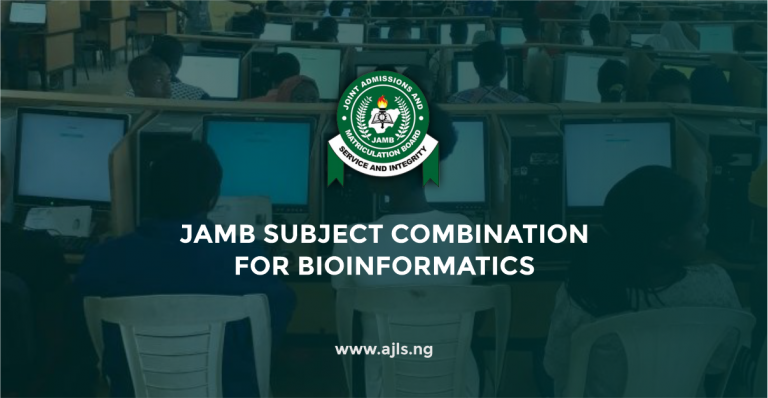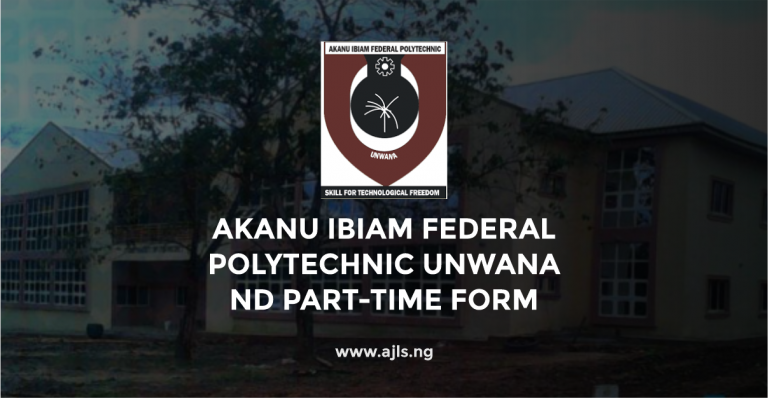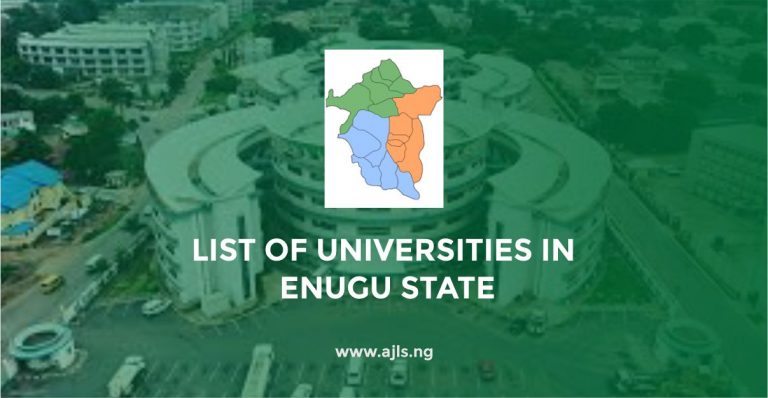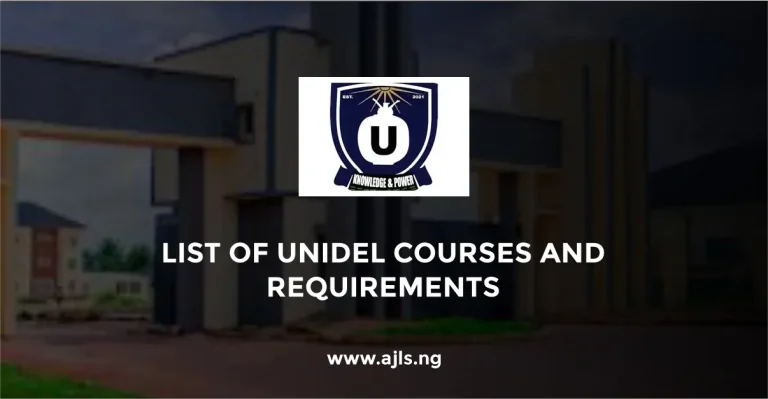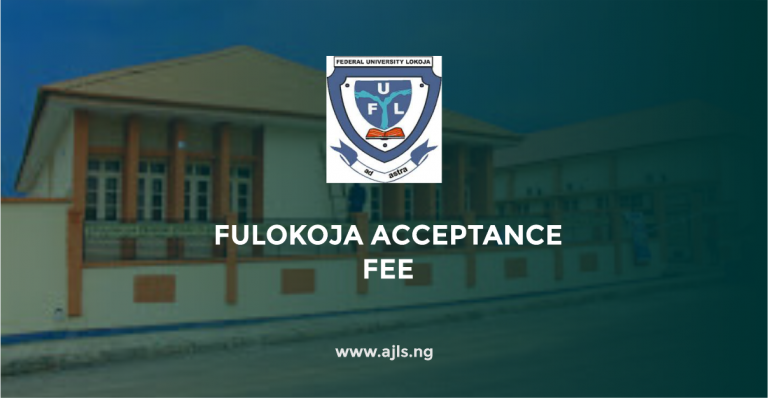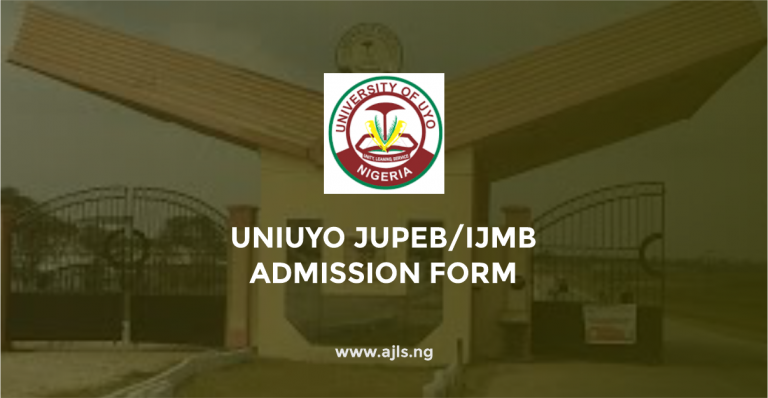WAEC Syllabus For Commerce 2025

With the current state of Nigeria’s economy, businesses and entrepreneurship have become the order of the day. Many people are now shifting their focus from traditional employment to self-reliance, seeking opportunities in various industries to generate income and create sustainable ventures. Economic challenges, high unemployment rates, and evolving market trends have made entrepreneurship a vital pathway to financial stability and economic growth.
With the rise of digital platforms, e-commerce, and skill-based services, individuals now have more access to resources that enable them to start and grow their businesses. However, challenges such as funding, government policies, and market competition still exist. To succeed, entrepreneurs must develop strong business strategies, leverage technology, and continuously adapt to changing economic conditions.
In essence, entrepreneurship/business or commerce is no longer just an option but a necessity for many undergraduates hoping to study a courses like this. Commerce is a crucial subject in the WAEC (West African Examinations Council) curriculum, providing students with knowledge of trade, business operations, and economic activities.
Understanding the WAEC syllabus for Commerce is essential for candidates preparing for the examination, as it outlines the key topics and areas of focus. Here is everything you need on the WAEC Syllabus for Commerce.
General Objectives of the WAEC Syllabus For Commerce
The syllabus is designed to:
- Equip students with a sound understanding of commercial activities.
- Develop skills in business and trade-related transactions.
- Prepare students for further studies in business, finance, and entrepreneurship.
- Foster an understanding of the role of commerce in economic development.
WAEC Commerce Syllabus Topics
The WAEC syllabus for Commerce is divided into different sections covering various aspects of trade and business. Here’s the information organized in a table format:
| Topic | Subtopics |
|---|---|
| Introduction to Commerce | Meaning, scope, and functions of commerce Differences between commerce, trade, and business |
| Occupations | Types of occupations (Industrial, Commercial, Extractive, and Service occupations) Factors influencing occupational distribution |
| Production | Types and factors of production The chain of distribution |
| Trade | Types of trade (Home and Foreign trade) Wholesale and Retail trade |
| Aids to Trade | Transport, Banking, Insurance, Advertising, and Communication Their roles in facilitating trade |
| Business Units | Sole proprietorship, Partnership, Joint-stock companies, Cooperatives Public corporations and their characteristics |
| Business Finance | Sources of business finance (Short-term and Long-term financing) Role of financial institutions in business growth |
| Banking | Types of banks and their functions Differences between commercial and central banks |
| Insurance | Types of insurance (Life, Marine, Fire, Accident, and Others) Principles of insurance |
| Communication in Business | Types of communication (Oral, Written, Electronic, and Non-verbal) Importance of effective communication in business transactions |
| Transportation | Modes of transportation (Land, Air, Water, and Pipeline) Factors affecting choice of transport |
| Warehousing | Meaning and functions of warehouses Types of warehouses |
| Consumer Protection | Rights and responsibilities of consumers Role of consumer protection agencies |
| Marketing and Advertising | Marketing concepts and functions Types and methods of advertising |
| Business Law | Introduction to contracts, agreements, and negotiable instruments |
| Economic Groupings and International Trade | ECOWAS, WTO, and other trade organizations Balance of trade and balance of payments |
| Information and Communication Technology (ICT) in Business | Role of ICT in modern commerce E-commerce and digital transactions |
WAEC Commerce Exam Structure
The WAEC Commerce exam is divided into two papers:
- Paper 1 (Objective) – Multiple-choice questions covering all syllabus topics.
- Paper 2 (Essay) – Structured and essay questions requiring detailed explanations.
Recommeded Texts For Commerce Exams
Here are some recommended texts for Commerce exams, including WAEC and other relevant assessments:
- O. A. Longe – Essential Commerce for Senior Secondary Schools
- B. J. O. Aluko – Commerce for Senior Secondary Schools
- M. C. Shukla – Business Organization and Management
- A. O. Longe & S. J. Longe – Commerce: Principles and Practice
- J. C. Anyaele – Comprehensive Commerce for Senior Secondary Schools
- F. A. Ojo & O. O. Ayodele – Simplified Commerce
- E. K. Ogunnaike – Modern Commerce for Schools and Colleges
- WAEC & NECO Past Questions and Answers in Commerce
These books cover key topics such as trade, business organizations, banking, insurance, marketing, consumer protection, and international trade, helping students prepare effectively for their exams.
Final Tips for Success in WAEC Commerce
- Study the recommended textbooks and syllabus topics thoroughly.
- Practice past questions to familiarize yourself with the exam pattern.
- Understand commercial concepts and their real-life applications.
- Pay attention to case studies and examples in commerce-related topics.
By following this syllabus and preparing effectively, candidates can improve their chances of excelling in the WAEC Commerce exam. We believe this page has provided all the important information required to start the 2025 WAEC registration for a subject like Commerce. If you have any inquiries, kindly share them in the comment section, and we’ll respond as soon as possible. Best wishes for your success!
